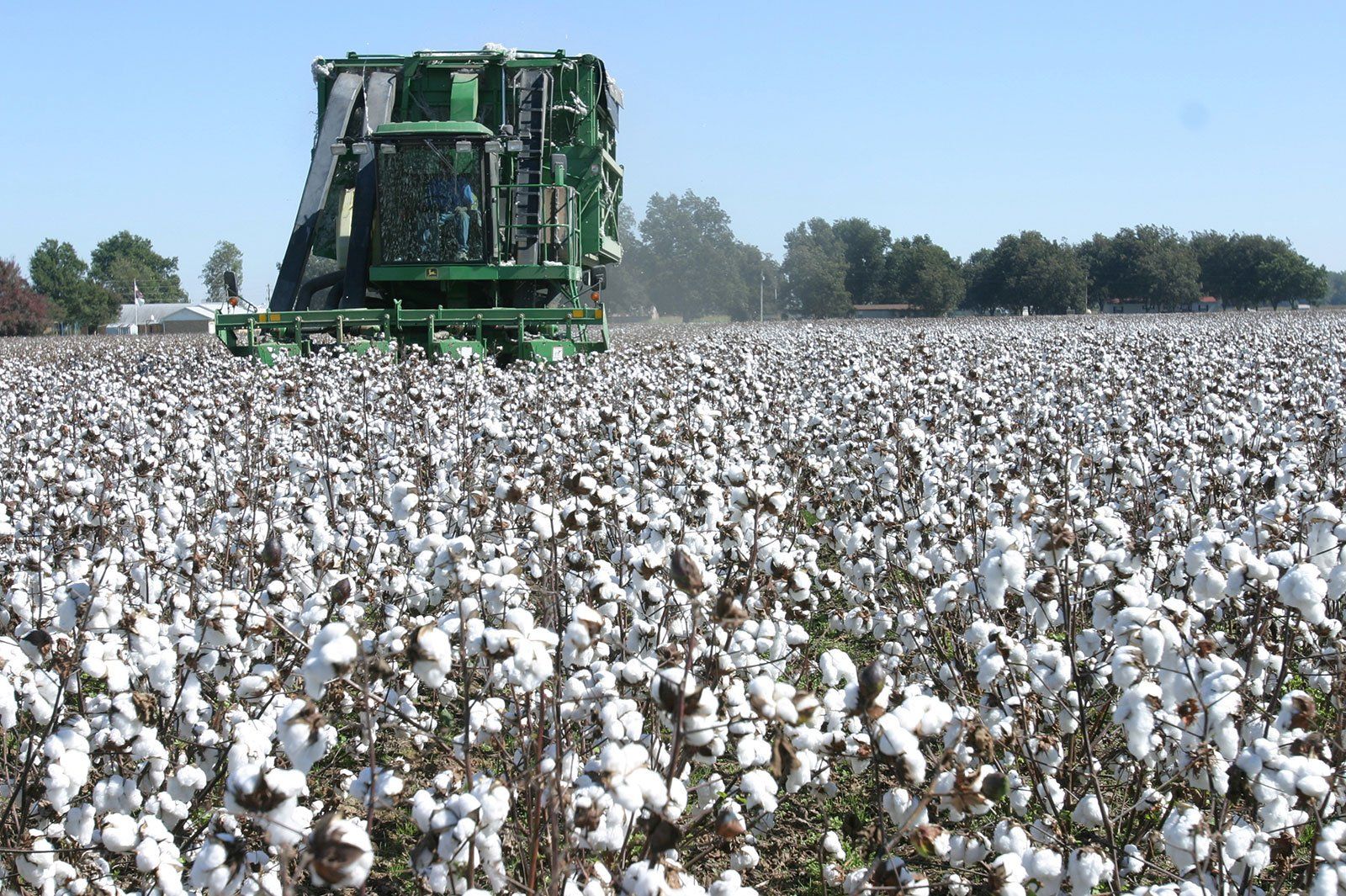1MG FlippingBooks
Calls to ban cotton exports to rescue Murray-Darling
Australia’s cotton industry has come under fire in recent weeks as some politicians, activist groups and the media look to apportion blame for the fish kill crisis and dry rivers in the Murray-Darling Basin. And now a new group of politicians is calling for a total ban on cotton exports.
Greens Senator Sarah Hanson-Young recently drew the ire of Cotton Australia when she suggested “greedy cotton farmers upstream” were partly responsible for the fish deaths at Menindee. And today, the Centre Alliance (formerly the Nick Xenophon Team) announced it will introduce legislation in the next session of Parliament to impose a ban on the export of cotton.
“Exporting cotton is like exporting water,” says Senator Rex Patrick, the Centre Alliance’s environment spokesperson. “It makes no sense to do this. We are quite literally sucking the life blood out of the Murray-Darling river system at the expense of downstream food producers, the towns and cities dependent on our rivers for water supply, and the overall environmental health of the river system all the way to the Coorong lagoon in South Australia.”
“We live on the driest inhabited continent on the planet yet are using our precious national water resources to produce a water intensive crop which we then export overseas so that foreign entities can profit making textiles and clothing.”
The cotton industry has repeatedly defended itself from allegations of excessive water usage to the detriment of the environment and downstream producers, and ABC Landline yesterday attempted to shed some light on the facts of the situation by interviewing several cotton producers.
The Centre Alliance, which currently comprises three South Australian-based elected members of federal parliament, points out that 90 per cent of cotton grown in Australia is exported and almost 20 per cent of the irrigation water allocation of the Murray-Darling is used to grow cotton.
“It’s time to face the fact that exporting water in the form of cotton is incompatible with saving the Murray-Darling system, a vital part of Australia’s environment that is essential for our future water and food security,” says Senator Patrick. “Exporting cotton is not in the national interest.”
The Centre Alliance’s legislation will undoubtedly draw strong opposition from Cotton Australia and the cotton industry in general, however it is unlikely to have the numbers to pass either house of federal parliament given a lack of support from both the Coalition and the Labor party.















